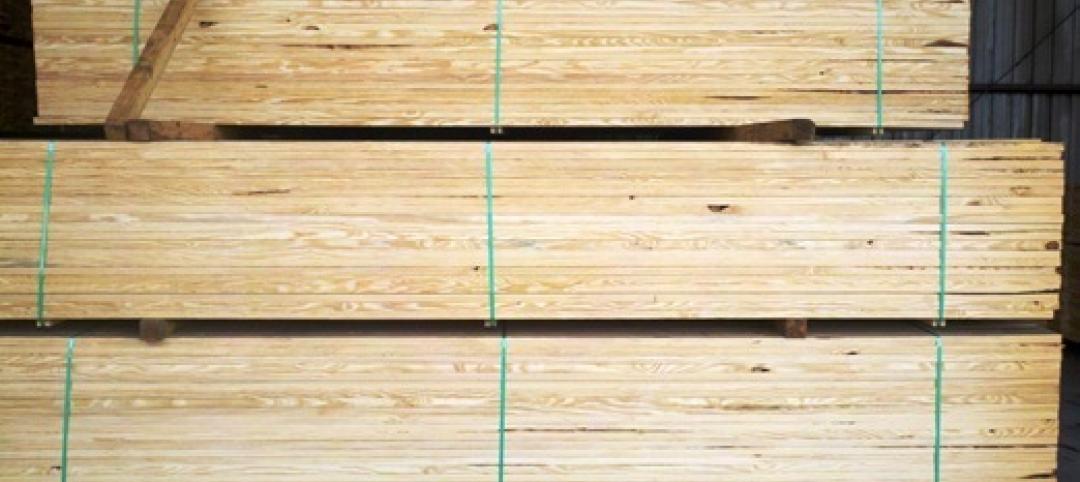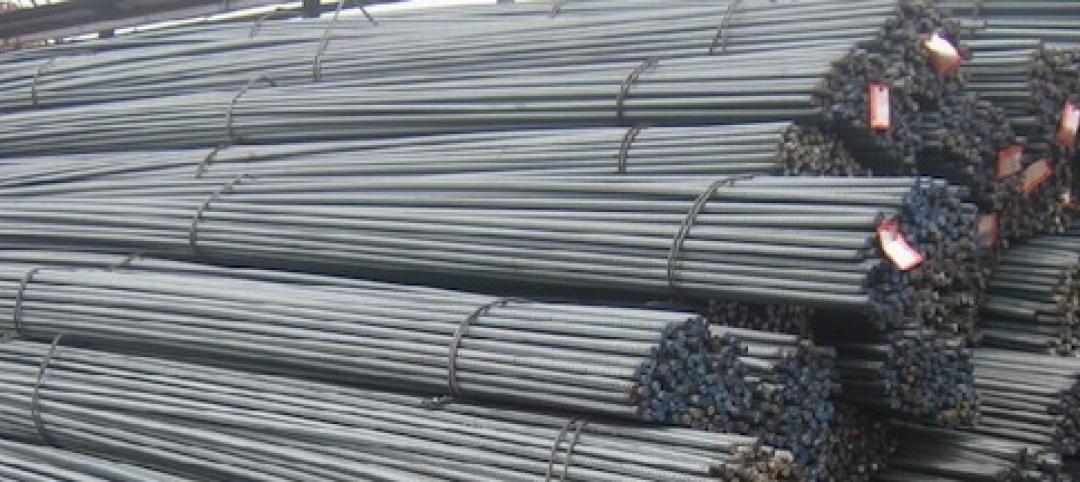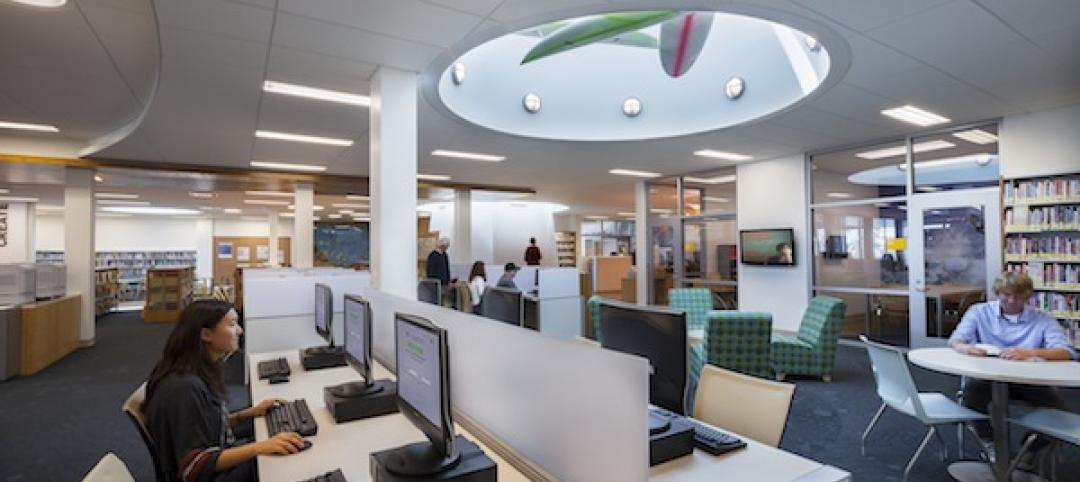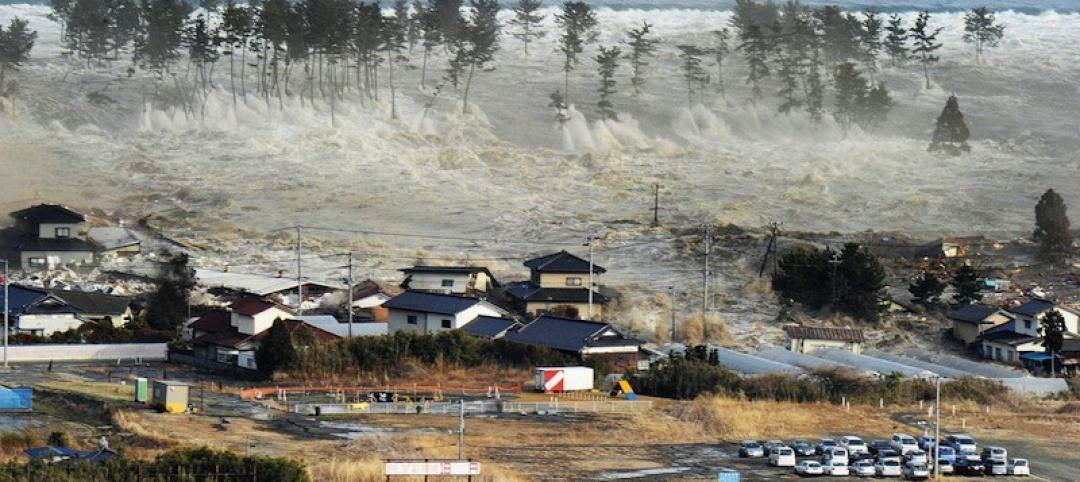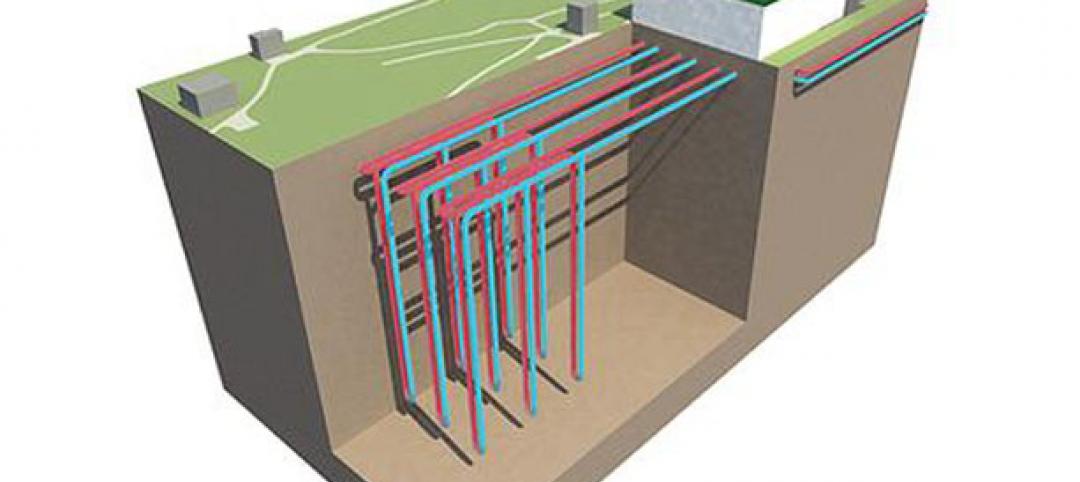Liberty Building Forensics Group, a building forensics firm warned building teams working on hotel projects to be on guard against moisture intrusion and mold.
Rigid adherence to brand standards in new hotel construction without factoring in specific regional and climatic conditions can result in significant mold and moisture issues, Liberty says. Global design standards typically do not take into consideration specific limitations of regional climates.
Regional violations in design standards have repeatedly resulted in extensive and costly mold and moisture problems in hotels, Liberty says. Hotel chains say their design standards are only guidelines, and that the designer or contractor on site is responsible for interpreting how to make adjustments for local climate. But brand standards are so specific and budget-driven that contractors typically adhere to them, even if they’re contrary to best climatic practices, Liberty says.
Liberty Vice President George DuBose says during the recent uptick in new hotel construction, his firm is seeing a recurrence of mold and moisture problems. “What we knew to work so well in the 1990s has been forgotten in today’s hotel design and construction,” Dubose says. “This poses a significant risk of new hotel failures that could mirror what we experienced in the 1980s and 1990s in warm, humid climates.”
Related Stories
| Feb 26, 2013
Southern Pine Inspection Bureau publishes new design values effective June 1
New design values for all sizes and grades of visually graded Southern Pine dimension lumber were published in the Southern Pine Inspection Bureau’s (SPIB) Supplement No.13 to the 2002 Standard Grading Rules for Southern Pine Lumber on Feb. 11.
| Feb 26, 2013
ANSI standard for interior doors open for second public ballot
WDMA I.S.6A-11, Industry Standard for Interior Architectural Wood Stile and Rail Doors and WDMA I.S.1A-11, Industry Standard for Interior Architectural Wood Flush Doors, are now open for their second ballot for recognition as American National Standards.
| Feb 26, 2013
CRSI releases new technical note on stainless steel reinforcing bars
The Concrete Reinforcing Steel Institute (CRSI) has released a new technical note, Frequently Asked Questions (FAQ) about Stainless Steel Reinforcing Bars, to its online collection.
| Feb 26, 2013
Proposed ASHRAE standard revisions would boost requirement for automatic lighting
Proposed changes to the ASHRAE/IES energy standard would require automatic lighting controls in more space types and shorten the times before lighting is automatically reduced or shut off.
| Feb 20, 2013
Bill would make all California state building codes free and open source
California Assembly Bill 292 would make the California Code of Regulations (including the Building Codes) open source.
| Feb 20, 2013
Pittsburgh’s Phipps Conservatory aims for three top green certifications
The $15 million Center for Sustainable Landscapes at Phipps Conservatory and Botanical Gardens in Pittsburgh, a net-zero facility, is applying for certification from three of the world's most stringent green rating systems—the Living Building Challenge, LEED Platinum, and the Sustainable Sites Initiative.
| Feb 20, 2013
ANSI/CRRC Cool Roof Standard has been approved
The Cool Roof Rating Council says the American National Standards Institute has given final approval of its ANSI/CRRC-1-2012 Standard after a two-year public review process.
| Feb 20, 2013
Group of West Coast civil engineers developing building standards for tsunamis
A group of civil engineers from around the western U.S. is developing additions to the building code to address the threat of a tsunami.
| Feb 20, 2013
Higher standards, efficiency programs keys to 40% energy usage reduction in commercial buildings since 1980
Commercial buildings have seen a drop in their energy intensity of more than 40% since 1980, according to a recent report from Bloomberg New Energy Finance and the Business Council for Sustainable Energy.
| Feb 12, 2013
Higher education institutions providing leadership on sustainability
More than 665 U.S. colleges and universities have publicly committed to pursue net-zero carbon emissions.


